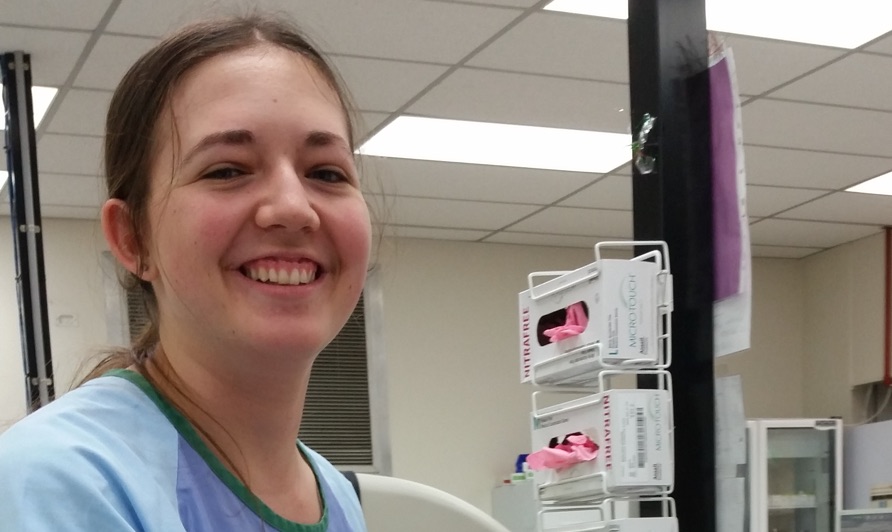Pathology Assistance
Pathology is how diseases are confirmed and diagnosed, and can also be used to see if a patient’s disease is getting better with treatment.
It might range from using samples to measure chemical levels like hormones and drugs in people’s bodies to looking for cancer cells, and from looking for bad guys like bacteria and viruses to checking for melanomas.
Pathology laboratory assistants work in medical laboratories in hospitals, state health and private settings. In this job you’ll get to work with all sorts of bodily tissues, and fluids such as blood, urine and saliva.
Attention to detail is important in this job because assistants perform the pre-analytical testing and processing in the laboratory. This includes registering clinicians’ requests into the laboratory information system and ensuring that samples received are suitable for testing. The laboratory assistant will prepare samples to aid the technicians and scientists in formal testing procedures.
The pathway below shows how you could work in pathology assistance in a laboratory. There are options for further study at university if you’d like to become a medical laboratory technician responsible for quality control or a medical scientist and perform the pathology testing in a laboratory. There is also another VET pathway for pathology collection if you would like to work in a pathology role that involves direct patient contact. Everyone has their own journey. Where you start and where you end is up to you!
Pathway key:
-
Study
-
Job Outcomes
-
Personal Story
-
Further Options
Further options in pathology
- You could study an Associate Degree in Medical Laboratory Science and become a Medical Laboratory Technician.
- You could study a Bachelor of Medical Laboratory Science and become a Medical Scientist.
- Read Kirrily’s personal story about becoming a Medical Scientist.


